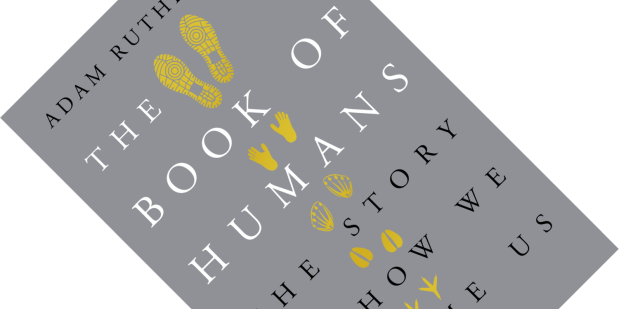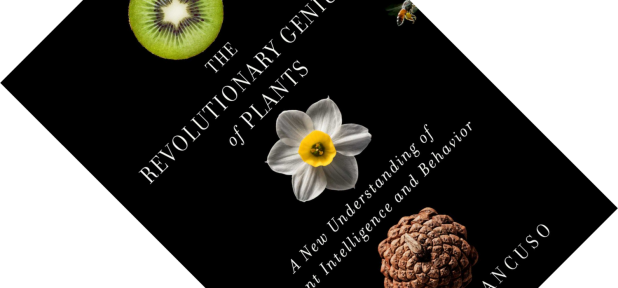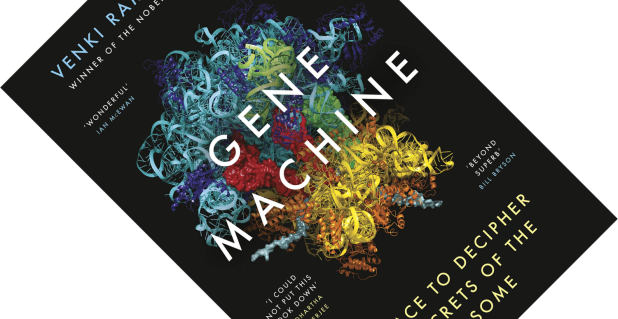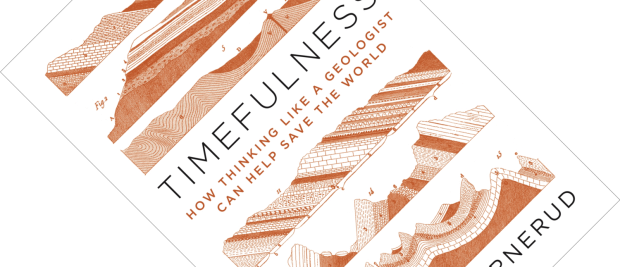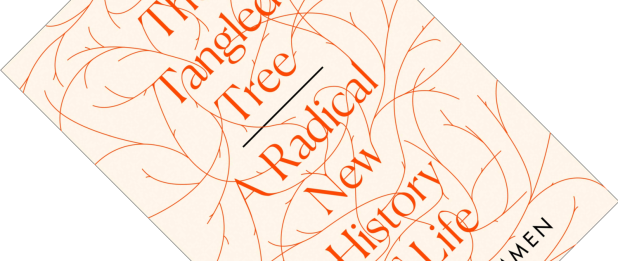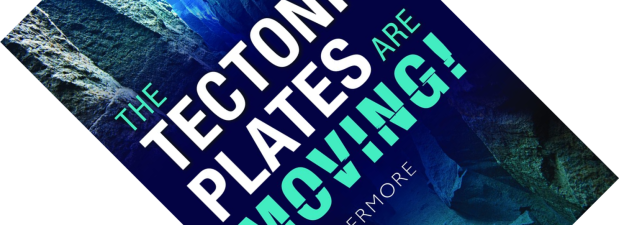Historically, humans have long considered themselves special compared to the natural world around them. It shows, for example, in old depictions where humans are at or near the top of a chain of lifeforms, with only angels and gods above us. Darwin caused a tremendous ruckus by saying we were descended from primates, and evolutionary biology has since had a long history of diminishing our anthropocentric worldview. With The Book of Humans, self-professed science geek Adam Rutherford has written an entertaining exploration of human evolution, showing that, amidst the teeming multitudes of lifeforms surrounding us, we are really not that special. And yet we are.
evolutionary biology
Book review – The Revolutionary Genius of Plants: A New Understanding of Plant Intelligence and Behavior
In an earlier review, I said that botany was never my greatest love. With The Revolutionary Genius of Plants, Italian plant neurobiologist Stefano Mancuso does a very good job of changing my mind. In the preface, he implores readers to imagine what it is like to be a plant, unable to escape predators. How can you survive this onslaught? The answer: by becoming virtually indestructible. And the way plants do this is by having a body plan that is almost the inverse of animals. There was something so powerful about Mancuso’s writing here that he instantly drew me in.
Book review – The Cradle of Humanity: How the Changing Landscape of Africa Made Us So Smart
The story of human evolution is constantly being refined with new findings and there is a glut of accessible books that cover this topic from various angles. Yet, with The Cradle of Humanity, geography professor Mark Maslin manages to provide an interesting and novel take on the subject, showing the reader how a happy combination of larger factors conspired to influence and steer our evolutionary trajectory. It could have ended up so differently…
Book review – How Scientific Progress Occurs: Incrementalism and the Life Sciences
This review is part of a double bill. Cold Spring Harbor Laboratory Press recently published How Scientific Progress Occurs: Incrementalism and the Life Sciences. In it, Elof Axel Carlson explores the relevance to biology of the ideas Thomas S. Kuhn formulated in his book The Structure of Scientific Revolutions. Having read both books back-to-back, this review follows on the one of Kuhn’s book.
Book review – Microbes from Hell
I recently read about the American microbiologist Carl Woese (1928-2012) and his discovery of a completely new group of single-celled organisms, the Archaea, in Quammen’s book The Tangled Tree: A Radical New History of Life. These mysterious microbes thrive under extreme environmental conditions, so I was intrigued and keen to find out more. The French microbiologist Patrick Forterre here describes these microbes, the research that led to their discovery, and the questions and answers this has thrown up. Originally published in French in 2008 as Microbes de l’Enfer, The University of Chicago Press has now made this book available in English to a wider audience.
Book review – Gene Machine: The Race to Decipher the Secrets of the Ribosome
DNA has lodged itself in the public imagination as the “blueprint” of life and as other, often slightly deceiving, metaphors. But what happens next? How do organisms actually get anything done with the information coded in DNA? For biologists, this is standard textbook fare: DNA is copied into single-stranded RNA which is then translated, three letters at a time, into amino acids that, when strung together, make up the workhorses of the cell: proteins. The cell organ, or organelle, that does the latter part is the ribosome, which Venki Ramakrishnan introduces here in Gene Machine. He has written a riveting first-hand account of the academic race to describe its structure, and how, in the process, he bagged a shared Nobel Prize in Chemistry in 2009.
Book review – Timefulness: How Thinking Like a Geologist Can Help Save the World
At first blush, you might think this book is part of the ongoing craze of spiritual mindfulness books. But let me refrain from snarky comments. Geologist Marcia Bjornerud does indeed want to instil a sense of mindfulness about deep time, but one that is, pardon the pun, grounded in geology. In her opinion, most of us lack an awareness of durations of important chapters in our planet’s history and of rates of change of many natural processes. As a consequence, we fail to see just how rapidly we are altering our planet. In one of the first paragraphs she eloquently writes:
“Like inexperienced but overconfident drivers, we accelerate into landscapes and ecosystems with no sense of their long-established traffic patterns, and then react with surprise and indignation when we face the penalties for ignoring natural laws”.
And with that, she had me hooked.
Book review – Dinner with Darwin: Food, Drink, and Evolution
Who could refuse such an invitation to dinner? In fourteen short chapters, Dinner with Darwin provides a smörgåsbord of topics on the role of food in human evolution and vice versa, many of which have been covered here in recent reviews. This is Jonathan Silvertown’s fourth book with the University of Chicago Press, and based on this, I would love to read his other books as well. Care to join me at the table?
Book review – The Tangled Tree: A Radical New History of Life
After I recently finished Carl Zimmer’s new book She Has Her Mother’s Laugh: The Powers, Perversions, and Potential of Heredity, I noticed there was one mechanism of heredity he mentioned only ever so briefly: horizontal gene transfer. Since it does not play a large role in humans, it is understandable he left it aside. And doing it justice would have required almost another book. Luckily, science writer David Quammen is here to give us that book.
Book review – The Tectonic Plates are Moving!
What has plate tectonics ever done for us? Not having studied geology, I have a basic understanding of the movement of earth’s continents, but this book made me appreciate just how much of current geology it underpins. Marine geophysicist Roy Livermore, who retired from the British Antarctic Survey in 2006 after a 20-year career, convincingly shows here that the discovery and acceptance of plate tectonics was a turning point in geology, on par with Darwin’s formulation of evolution by natural selection. To paraphrase evolutionary biologist Theodosius Dobzhansky: nothing in geology makes sense except in the light of plate tectonics.

